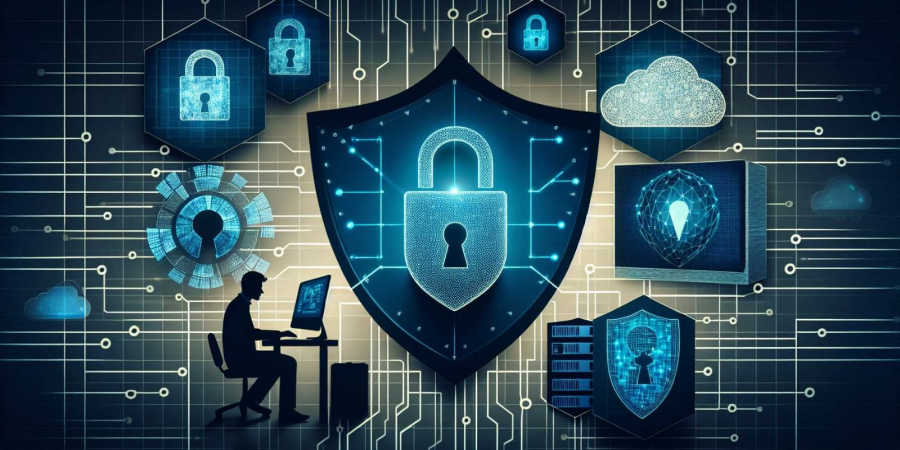

##Cybersecurity Tips for Everyday Users##
In an increasingly digital world, cybersecurity has transitioned from a niche concern to a fundamental necessity for every internet user. With the proliferation of cyber threats, it is imperative for individuals to adopt proactive measures to safeguard their personal information and devices. Below, we present ten essential cybersecurity tips that every user should integrate into their daily routine.
1. Use Strong and Unique Passwords: Create complex passwords that incorporate a mix of letters, numbers, and special characters. Avoid using easily guessable information such as birthdays or pet names. Utilize a password manager to safely store and manage different passwords for various accounts.
2. Enable Two-Factor Authentication (2FA): Protect your accounts by incorporating an additional security layer. 2FA requires a second form of verification, such as a text message code or an authentication app, thereby significantly reducing the likelihood of unauthorized access.
3. Keep Software Updated: Regularly updating your operating system, applications, and antivirus software is crucial. Updates often contain security patches that protect against newly discovered vulnerabilities, making it essential to maintain current versions.
4. Be Wary of Phishing Attacks: Exercise caution with unsolicited emails, messages, or phone calls that ask for personal information. Verify the source before engaging with any request and report suspicious communications to your IT department or relevant authorities.
5. Use Secure Wi-Fi Networks: Always connect to secure, password-protected networks, and avoid public Wi-Fi for sensitive transactions. If necessary, utilize a virtual private network (VPN) to encrypt your internet connection while on public networks.
6. Backup Your Data: Regularly backing up important files ensures that you can recover your data in the event of a cyber incident, such as ransomware attacks. Utilize cloud services or external hard drives to store backups securely.
7. Limit Personal Information Sharing: Refrain from oversharing personal information on social media and online platforms. Review privacy settings and understand what information is being accessed or displayed publicly.
8. Install Antivirus Software: Employ reputable antivirus software to provide real-time protection against malware, spyware, and other cyber threats. Regularly scan your devices for potential security breaches.
9. Monitor Your Accounts: Keep an eye on your bank accounts, credit card statements, and online accounts for unusual activity. Quickly report any suspicious transactions to prevent potential fraud.
10. Educate Yourself Continuously: Cyber threats evolve rapidly; hence, staying informed about recent trends and tactics used by cybercriminals is vital. Participate in workshops, online courses, or webinars to enhance your cybersecurity knowledge.
In conclusion, the digital landscape is fraught with risks that require vigilant and proactive measures. By adhering to these ten cybersecurity tips, everyday users can significantly reduce their vulnerability and contribute to a safer online environment. In a world where cyber resilience is paramount, the responsibility of safeguarding personal information lies with each individual.
